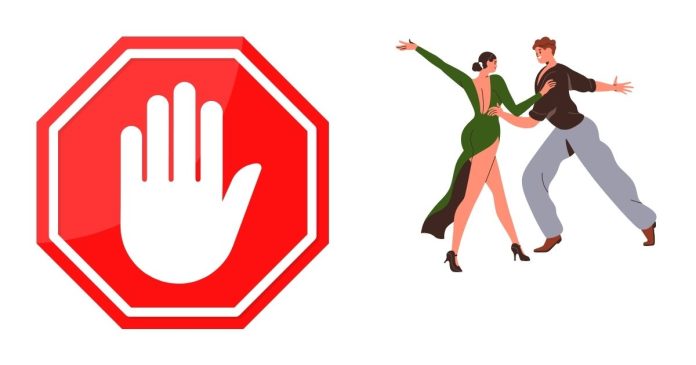Language is fascinating in the way it dances (pun intended) between rules and creativity. One of the simplest yet most intriguing questions about English is whether two words rhyme. Today, let’s explore an oddly specific but delightful query: Do “hands” and “dance” rhyme?
The Basics of Rhyme
A rhyme occurs when two or more words have similar-sounding endings, particularly the final stressed syllables. For example, “cat” and “hat” rhyme because their vowel sound (/\u00e6/) and the consonant sound that follows (/t/) match. The magic of rhyme lies in this alignment of sound.
But not all rhymes are created equal. Beyond perfect rhymes, like “blue” and “true,” there are near rhymes, slant rhymes, and eye rhymes. English, being a rich and inconsistent language, offers poets and lyricists the freedom to stretch the definition of what it means for two words to rhyme.
Phonetics of “Hands” and “Dance”
To determine if “hands” and “dance” rhyme, let’s break down their phonetics:
- Hands: /hændz/
- Dance: /dæns/ (or /dɑːns/ in British English)
Both words share the vowel sound /\u00e6/, as in “cat.” However, the ending consonant clusters differ. “Hands” ends with /ndz/, while “dance” ends with /ns/ (or /\u0251ːns/). The presence of the /d/ sound in “hands” adds a layer of complexity, making the two words distinct in their final sounds.
Near Rhymes and Creative License
While “hands” and “dance” aren’t perfect rhymes, they could qualify as a near rhyme or slant rhyme. Near rhymes occur when the vowel sounds match, but the consonants differ slightly. Poets and songwriters often use near rhymes to maintain the rhythm and flow of their work while introducing subtle sonic variety.
For instance, in songwriting, you might hear something like:
“Clapping hands, we join the dance, Lost in a fleeting romance.”
Here, the shared /\u00e6/ vowel creates enough similarity to feel connected, even if the ending consonants don’t perfectly align.
The Subjectivity of Rhyme
Rhyme isn’t a rigid science; it’s an art form. Regional accents and dialects can influence whether two words are perceived as rhyming. In some British accents, for example, “dance” might sound closer to “hands” due to the elongated vowel.
Additionally, in the realm of poetry and music, artistic intent often outweighs strict phonetic rules. If a songwriter decides “hands” and “dance” rhyme in the context of their verse, their audience is likely to embrace it.
So, do “hands” and “dance” rhyme? Technically, no. But in the flexible world of language and creative expression, the answer could be yes. Whether you’re penning a poem, composing a song, or simply pondering the quirks of English, remember that rhyme—like art itself—is open to interpretation.
Next time you clap your hands or step into a dance, take a moment to appreciate the playful ways language connects the two. After all, isn’t creativity about bending the rules just a little?


